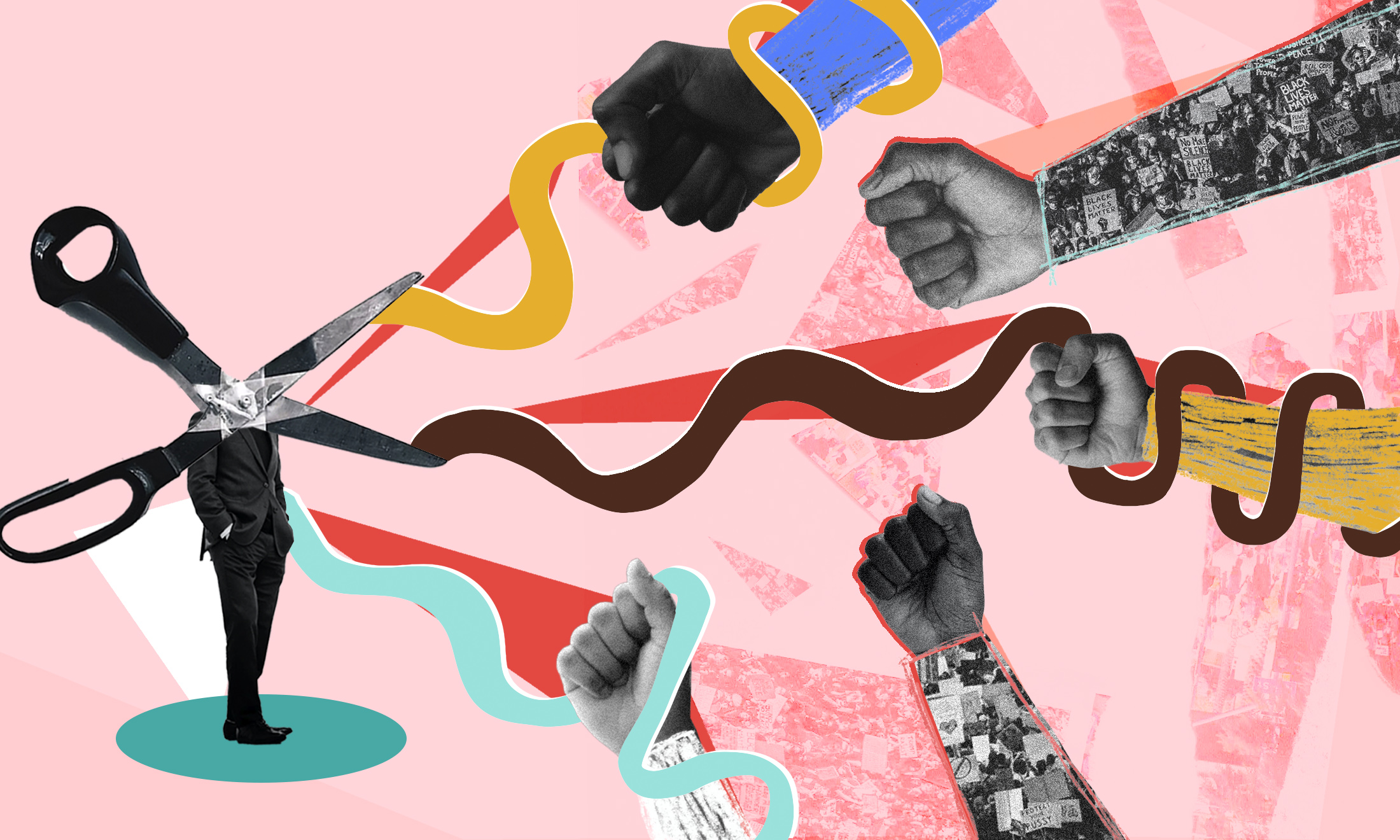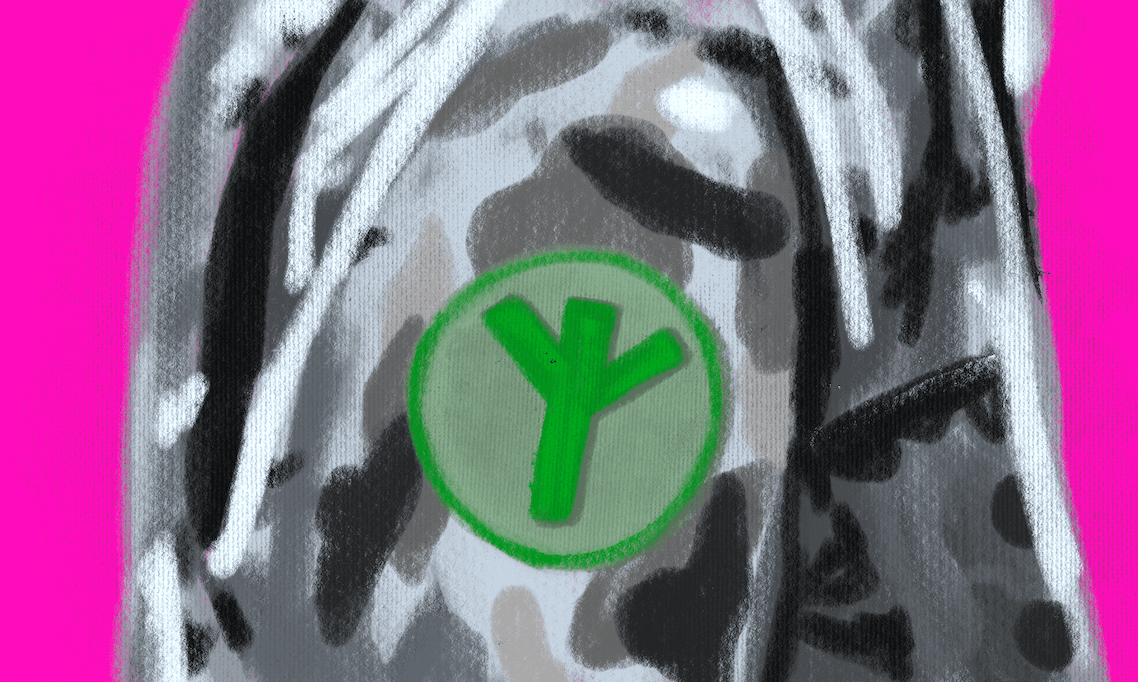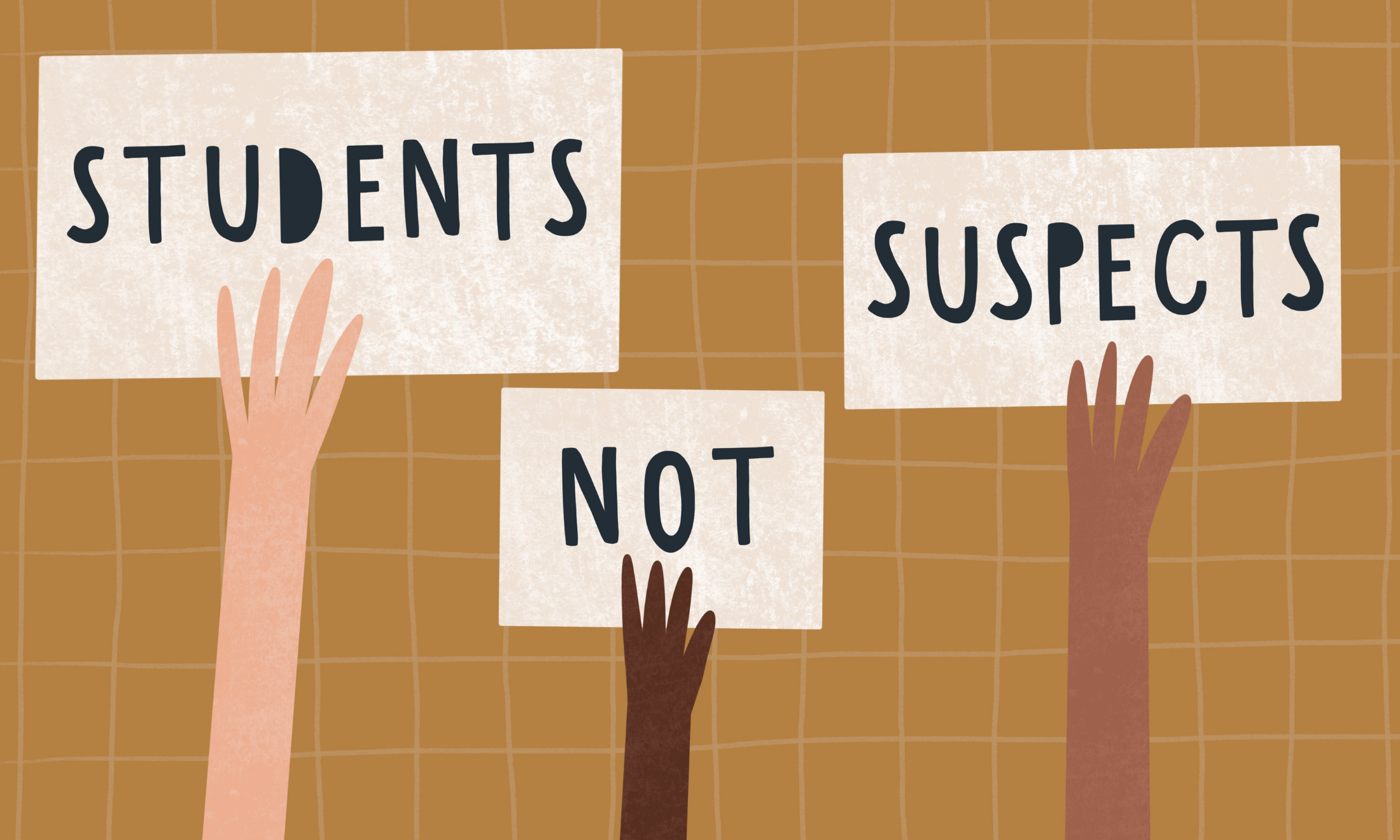
If anti-capitalism is now an ‘extreme political stance’, how will schools teach anti-racism?
New guidelines urge schools against using resources from anti-capitalist organisations in RSE lessons. But how will students ever learn about anti-racism when it’s inherently anti-capitalist?
Nasra Ayub
02 Oct 2020
Photography via [Unsplash] / [Etienne Godiard]
I first learned about institutional racism at a university event called “Why is my curriculum so white?”. In school, Black history was discussed in a way that made me feel inferior, but this event acknowledged how racism is still prevalent today. I was angry but for the first time in my life, I felt validated. My experiences had been articulated. So when I heard that schools have been urged to not use resources from organisations that have “publicly stated desire to abolish capitalism” in relationship and sex education (RSE) classes, my immediate thought was – “but how will schools teach about racism without referencing groups that are inherently anti-capitalist”?
The new guidelines mean political organisations which have called for the end of a police state and the redistribution of wealth, such as Black Lives Matter UK, could now be seen as promoting an “extreme stance”. But learning about organisations like BLMUK is pivotal to understanding the recent movements around racial justice and the fight against police brutality.
Any organisation that supports the abolishment of the police is also calling for the end of a capitalist system. Policing is vital to upholding a society where inequality exists through the use of repressive forces on those that threaten the status quo. It’s a system that asks the police to defend slave owner memorials from being removed, which we saw happening at the Bristol Black Lives Matter protests. Racial inequality is often seen as the result of global capitalism – so in real terms, it’s almost impossible to uncouple education about anti-racism from anti-capitalism.
“I don’t want schools to feel fearful to use resources from organisations that validate the lives of Black students across the UK and highlight the realities of what it means to be Black today”
Growing up in a majority white school, it would have been life changing to learn about racism and diversity in a classroom setting, because my white peers would have been educated and their ignorance could be mitigated in a safe space. I don’t want these realities to be censored. I don’t want schools to feel fearful to use resources from organisations that validate the lives of Black students across the UK and highlight the realities of what it means to be Black today.
Censoring material from groups which have expressed anti-capitalist views means students won’t be able to make informed decisions about the world we live in and what they want it to look like. RSE lessons should provide a safe space to have individual experiences validated. If we value education as a tool to eradicate racism, frank conversations in safe spaces need to happen about the reality of Black people’s experiences in modern day society. Black students deserve to have race and class discussed in the classroom and be able to critique the current structures that exist within society without being deemed as “extreme”.
The last year has seen massive strides made towards racial equality, however this move from the government, alongside other poor decisions such as choosing Munira Mirza to set up the Racial Equality Commission, shows that they are in fact actively pushing back, despite attempts to appear racially sensitive. Students across the country have expressed their fears over this new move and teachers believe the new rules are removing the ability for Black educators to incorporate the lived experiences of Black people into the curriculum.
The Black Educators Alliance and the Coalition of Anti-Racist Educators have even released a statement condemning the new guidelines, saying that “this is an act of violence upon tens of thousands of educators’, students’ and parents’ lived experiences”. They also likened the move to “gaslighting and adversarial opposition”. Both groups are now in the process of taking legal action against the government, unless it withdraws the guidance.
In addition, the government guidance also states that “divisive or victim narratives” should not be used in the classroom. But who decides what a victim narrative is? Could this run the risk of grouping race and class critiques into victim narratives? Black people have been accused of using “the race card” for decades and the government’s new guidance has similar undertones. Encouraging teachers not to teach vital material or hear concerns of students because they’re seen as “victim narratives” is a huge step back in progress. I fear that students of colour will be told they’re overreacting if they speak or raise concerns around anti-capitalism or racism.
Although the guidance only applies to RSE lessons at the moment, the real fear on the ground is that it will be quietly extended across the curriculum and that the opportunity to move towards real anti-racist education will once again be ignored. We need to continue to raise questions, apply pressure and support anti-racist teachers in their mission to fight racism in the classroom.

Britain’s policing was built on racism. Abolition is unavoidable

How Pakistan’s Khwaja Sira and transgender communities are fearing and fighting for their futures

Their anti-rape performance went viral globally. Now what?






